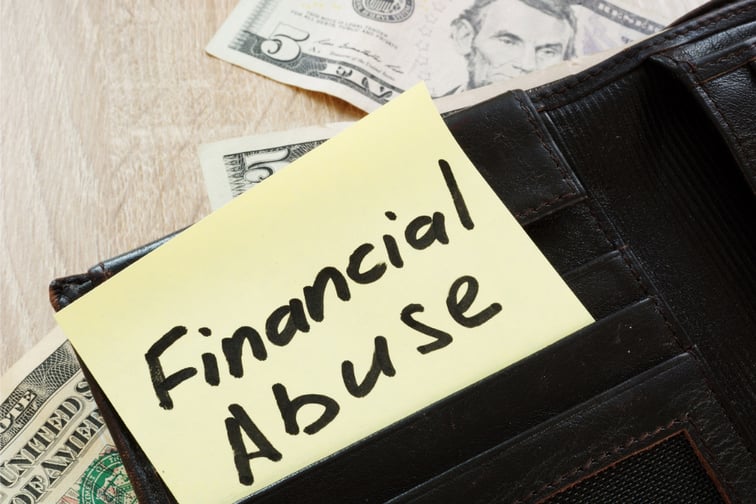

Commonwealth Bank CEO Matt Comyn shared about the work the bank is doing to support financial abuse victim-survivors at the UN Global Compact Target Gender Equality live event being held this week.
“We’ve recently launched the largest ever financial abuse awareness campaign to shine a light on the issue and make it clear that anyone can come to the Commonwealth Bank and seek assistance,” Comyn told attendees of the live event.
Called the CommBank Next Chapter Commitment, the campaign sees CBA, customers, and the community come together to end financial abuse by providing tools, advice, and access to support services to help individuals recover from financial abuse and establish financial independence. The campaign is supported by significant television, print, digital, and radio media.
In addition to the ongoing campaign, Comyn talked about the additional work the bank is doing to reduce financial abuse, including working with academia, and industry partners to understand the size of the issue and what resources victim-survivors need.
“We have a financial independence hub, where we work with specialist external support, we provide one on one coaching, counselling – a lot of strategies to help victim survivors re-establish a new life,” Comyn said. “We also have an internal community wellbeing team, which helped more than 22,000 Australians last year access the right support.”
The bank has also taken some steps to eliminate financial abuse that can occur through payment channels, through:
Comyn said CBA used the AI and machine learning technology to “look for different patterns of potential abuse” to help support customers as well as to “identify, intercept, prevent, and block abusive messages and, in some cases, also work with law enforcement.”
And while there is already a heightened level of understanding and awareness of financial abuse, Comyn said there is still work to be done as part of a continued and coordinated community effort.
“I think the magnitude of the issue, both socially, as well as economically, is much better understood,” he said. “But realistically, it is going to take an enormous and coordinated effort across a number of sectors of the community to eliminate, and certainly make a significant reduction.”
